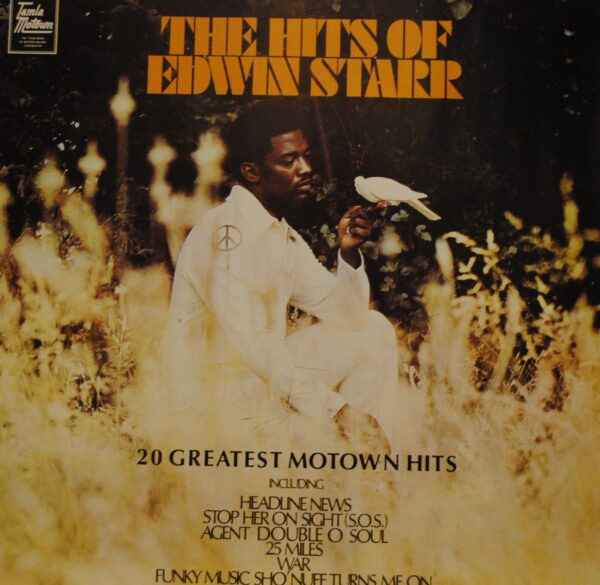


Whitfield’s “War” threatened to generate controversy among the public because of its strong anti- war sentiment, creating a problem for Motown producers. In 1970, Whitfield’s production of “War” would change the face of Motown forever. Norman and Barrett decided to capitalize on what was happening.” Even though Whitfield and Strong introduced a new style to Motown, they still followed Gordy’s apolitical aim to retain mass appeal. Otis Williams, a singer in the Temptations, commented on Whitfield and Strong’s motive “They didn’t talk about politics, that’s just what was happening in the world at the time. Norman Whitfield partnered with Barrett Strong to write new music for Motown. Over time Whitfield radicalized Gordy’s conservative Motown by introducing a more intense brand of psychedelic soul a new mixture of rock and soul, conveying a countercultural voice of protest, and emphasizing “black power”. Whitfield had a very aggressive business nature continually pushing songs on multiple artists until they finally worked. Norman Whitfield joined Quality Control in 1962. Motown s trayed from investing with the resistant mood of the times as well as with the political sphere in order to remain commercial and maintain mass appeal. The Motown label had a Quality Control department that revised any controversial messages in the songs by prohibiting any explicit protest messages. This represented the rising culture of consumerism in which society focused on the efficiency of the production to increase rate of consumption, using a formulaic system. Gordy installed an assembly line of production for the music, following Henry Ford’s model of car production. Gordy wanted Motown’s audience to be multiracial so he issued careful inspection and revision of its music. Washington advocated for the gradual integration of blacks in white society. Barry Gordy’s work ethic represented Booker T. Barry Gordy founded the Motown label in Detroit in 1960. In the 1970s, Motown strived for mass appeal by making its songs apolitical and multiracial, but its conservative aim slowly diminished because of the partnership of Norman Whitfield and Barry Strong the initial writers of “War”. “War” radicalized the conservative, apolitical aim of Motown music by reflecting anti-war sentiments and became a unionizing anthem amongst war protesters through its simplistic but powerful message. The song “War” by Edwin Starr reached out to those suffering from the destruction of war. Protest music became popular as a response to the Vietnam War, attracting Vietnam veterans as well as the younger generation of Americans directly affected by the draft. In the 1970s, Americans saw the rise of Motown in the music industry, which fit the mold of conservatism. During this time Americans endured a loss of confidence from an unstable economy, an energy crisis, and ongoing action in Vietnam, and Americans thought that conservatism would provide stability. In contrast with the rise of counterculture in the 1960s, the 1970s saw the rise of conservatism the desire to revert back to America’s traditional social and religious values. “War what is it good for? Absolutely nothing!” This message continually echoed among the American public during the 1970s, emphasizing its voice of protest against the Vietnam War.


 0 kommentar(er)
0 kommentar(er)
